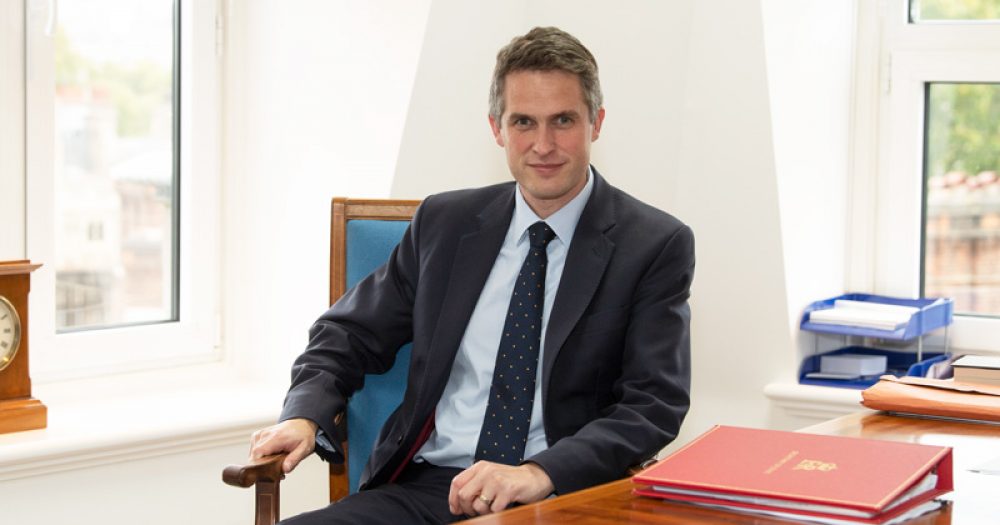Universities need to sign up to open new maths free schools to prove they’re “serious” about helping disadvantaged children, the education secretary has said.
In an interview with Schools Week at the Conservative Party conference, Gavin Williamson issued a challenge to the higher education sector to become more involved in the maths schools programme, admitting universities had been “sceptical” about the policy.
He said the recent high-profile success of the two existing maths schools would make it “easier” to sell the idea to universities.
Williamson used his speech, on Monday, to pledge to expand the number of maths free schools across England to 11, including at least one in each of the nine regions.
The commitment falls way short of a pledge more than two years ago by former prime minister Theresa May to put a maths school in every city.
Speaking to Schools Week after the announcement, Williamson claimed there was “no dampening of ambition”.
“When I set a target of what I’m wanting to achieve, I set a target with a clear determination of delivering on it,” he said.
“Over the last few years we’ve seen two established. I want to see a much more rapid roll-out of that; I want to expand it up to 11. But in terms of where my ambition will ultimately rest, I would like to see more.”
Response to the maths schools programme in the universities sector was initially lukewarm, despite a £350,000-a-year sweetener for those institutions setting up maths schools announced in the 2017 budget. While five are in the pipeline, none has actually opened yet.
The only two in operation – King’s Maths School in London and Exeter Maths School – opened before the 2017 pledge.
Schools Week revealed last year how a number of high-profile universities had turned down requests to run the institutions, despite an impassioned public plea from schools minister Nick Gibb.
But momentum has picked up slightly. Projects are currently in the pipeline in Cambridge, Lancaster, Liverpool and Surrey, and Williamson announced a seventh project in Durham this week.
Williamson said he would use the results at King’s – where 100 per cent of pupils achieved an A or A* in maths – and Exeter’s achievement rate of 93 per cent to show other universities that the “dividends are enormous”.
“The best way of convincing them is showing them,” he added. “You have two amazing pioneering universities in Exeter and King’s who were willing to take a risk, and they’ve actually demonstrated that by taking a risk there are enormous rewards.
“If universities are serious about how they can help children, many of them from disadvantaged backgrounds, it’s important not just to speak the words but actually to take actions as well.”
It’s the latest sign of the government getting tougher on universities. Williamson has publicly rapped the sector for its record on grade inflation and unconditional offers.
The government’s renewed focus on specialist maths schools – 16 to 19 institutions that combine maths A-levels with similar subjects, such as physics and computing – is no coincidence.
They are a pet policy of Dominic Cummings, Boris Johnson’s most senior adviser, who initiated the project when he worked for Michael Gove at the Department for Education at the beginning of the decade.
There are technically nine regions of England, and although two maths schools are already in the pipeline for the north west, it is not clear which other region will double up.
No specific deadline has been set to reach the target.
The expansion of maths schools, along with £18 million of additional funding for universities to run them, was one of a series of measures worth £117 million announced in the 2017 budget to boost maths education.
Also included was a £27 million investment to extend the “teaching for mastery” maths programme to a further 3,000 schools, and an advanced maths premium worth up to £1,200 per pupil per year for schools that increase numbers studying A-level maths and further maths.
Entries to both subjects actually fell this year, from 90,955 to 86,185 in maths and from 15,450 to 13,920 in further maths.
However, we won’t be able to judge the success of the programme until entry figures are published for this academic year – when the 2018-19 starters will sit their A-levels.







Your thoughts